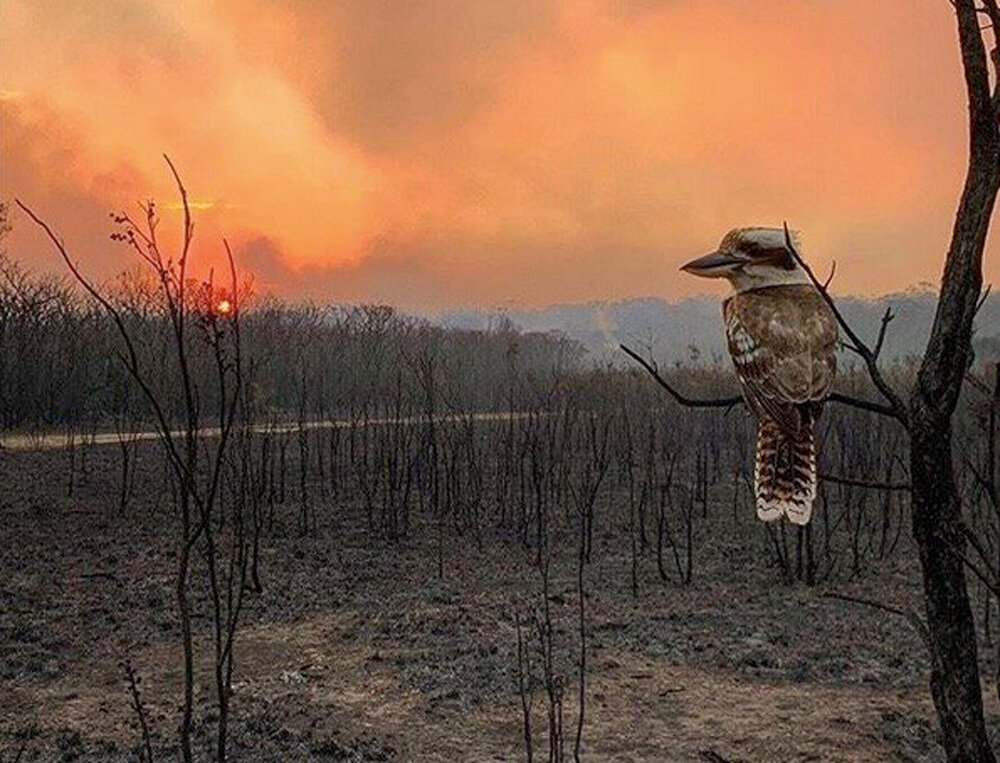ECO-ANXIETY: FEARING FOR OUR FUTURE
“Eco-anxiety: extreme worry about current and future harm to the environment caused by human activity and climate change.”
The work of Greta Thunberg has been acknowledged by Time Magazine by naming her Person of the Year 2019.
Born in 2003, Greta has been labelled a teenage climate activist following her speech at the United Nations Climate Change Conference in which she challenged World Leaders by stating, ‘How dare you take our future from us?’
Greta has become a voice of today’s youth who now live in fear of the effects of climate change. Many people criticised Greta, calling her an alarmist and suggesting that she is creating ‘needless anxiety’ (Scott Morrison, September 25, 2019). Or Donald Trump suggesting she should go watch a nice movie with a friend. (December 12, 2019, via twitter) These are the voices of people who still believe our economic future is more important than our environmental future.
There is now an official term in the Oxford Dictionary that was short-listed for the new word of the year, ‘Eco-anxiety’. Fear of the future is very real for our youth. They are growing up in a world where terms such as ‘climate emergency’, ‘climate crisis’, ‘ecocide’, ‘global warming’ and catastrophic damage can be heard on the news every single day.
In research conducted by The Australian Psychological Society it was found that four in five of Australian youth are anxious about climate change and four in five are concerned that climate change will reduce their quality of life in the future. (The Australian Psychological Society, 2019)
Today young people in Australia are experiencing the effect of devastating fires across our country. Scientists predict these extreme weather disasters will increase with more prolonged drought and loss of liveability with people being forced to find alternative places to live.
Being a grandmother I want to believe in a bright future for my children and grandchildren. I ask myself, ‘what can I do to help create a better future for our kids?’
Sometimes a problem seems so big and overwhelming that it is difficult to know where to start but this problem can’t be ignored. Each and every one of us needs to make conscious changes in our lives to help stop the devastation of our natural environment.
We are the adults in this world, the decision makers and the role models. We need to listen to our kids fears and show them that we are taking positive action ourselves to create change.
The Australian Psychological Society has suggested that first and foremost parents should show an active interest in understanding climate change and make positive changes in their own lives. Also, listen to your child’s concerns and create opportunities for them to get involved in activities where they feel they are making a difference. Show and encourage our children that it is ‘Cool to Care.’ To care about the world around us, to care about others and to develop empathy.
With these traits they may become the generation that understands that each small action leads to a larger action that could lead to a solution.
Di

